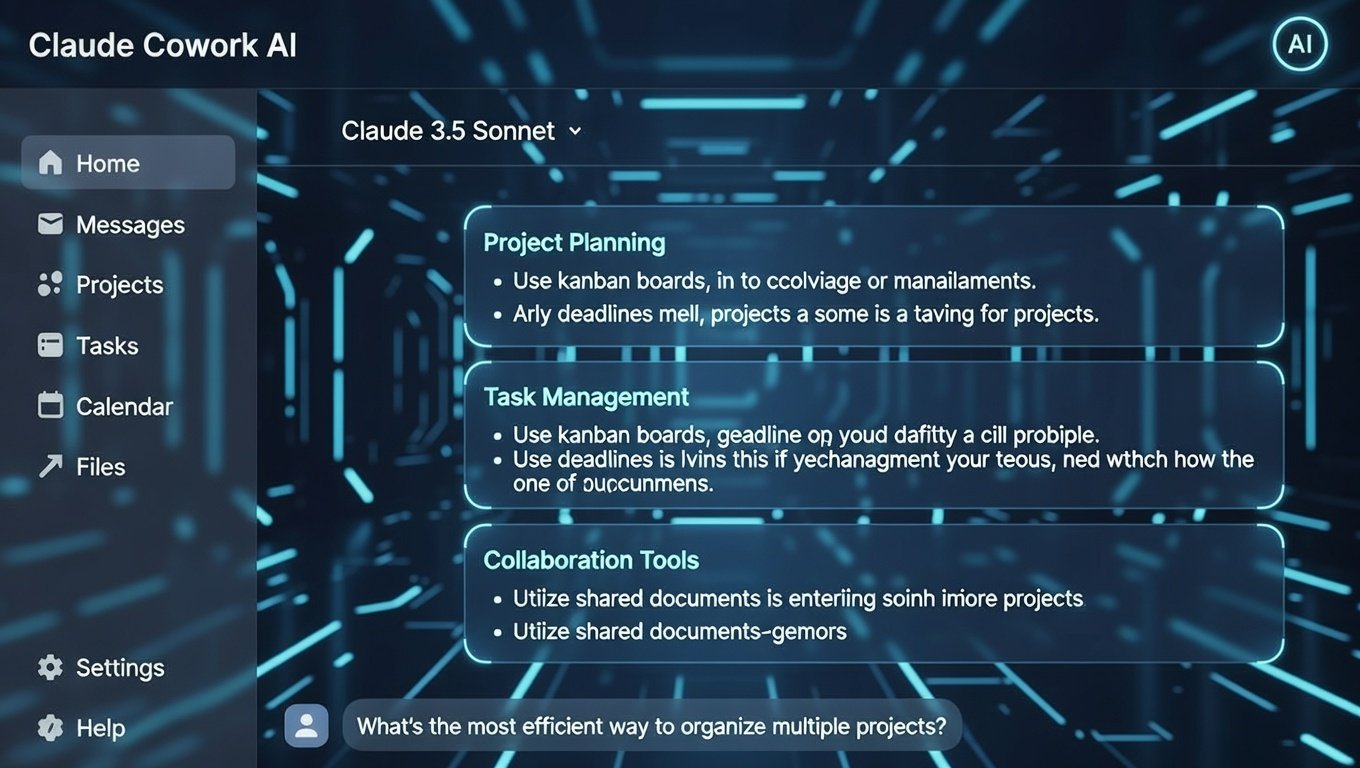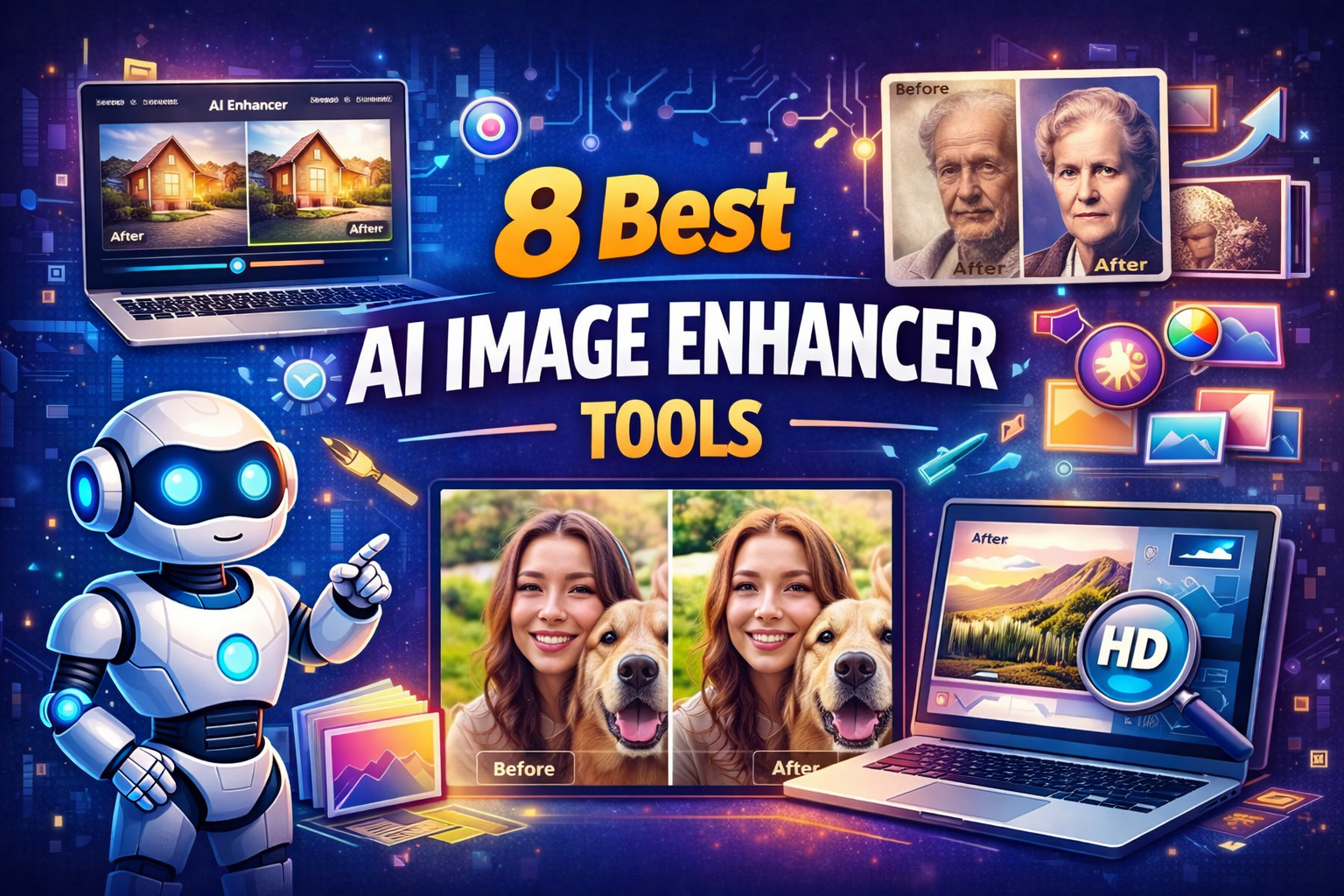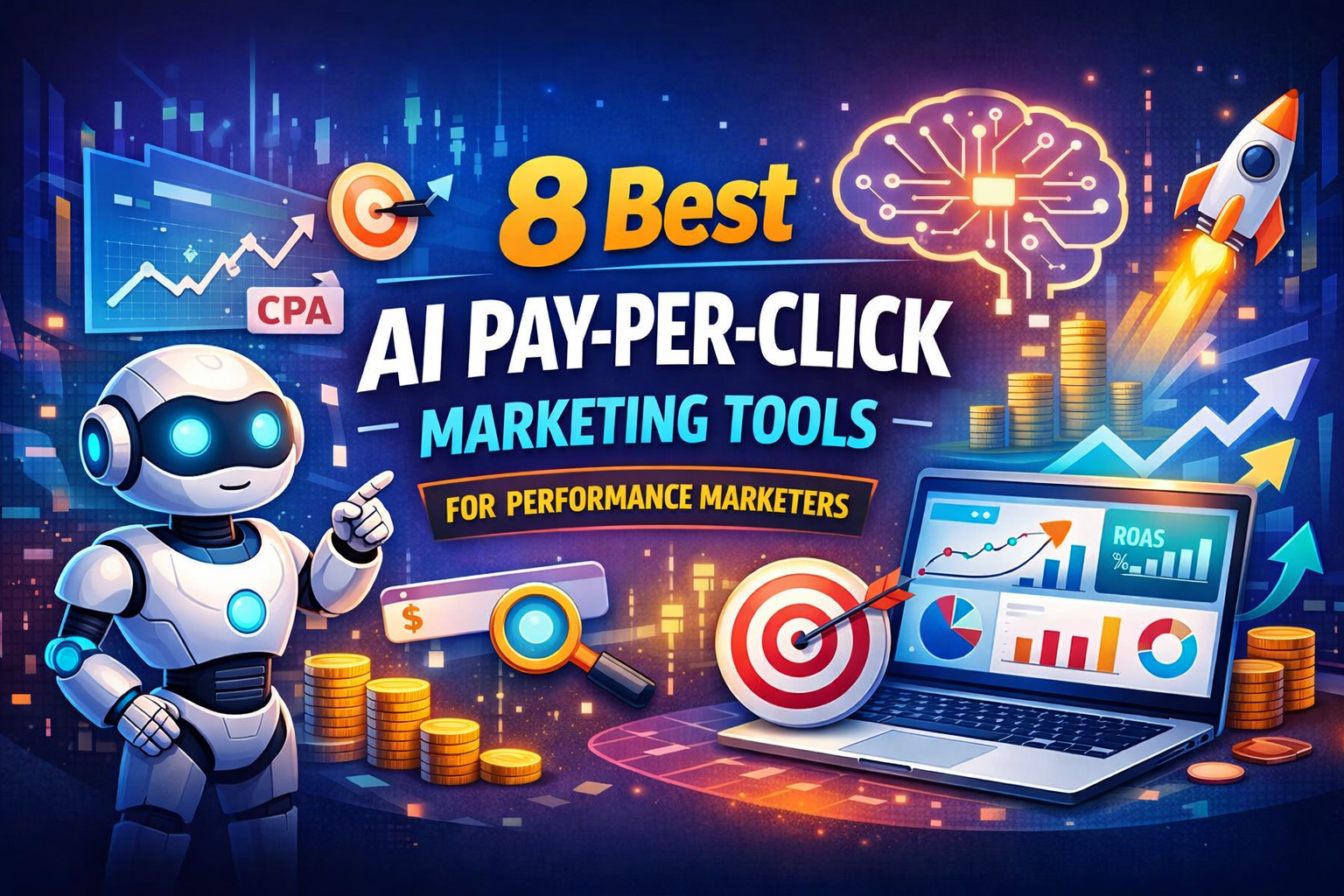AI For Teachers
The classroom of 2025 is no longer solely bound by textbooks and blackboards. Artificial intelligence (AI) is rapidly transforming the educational landscape, empowering teachers and enhancing student learning.
From personalized learning paths to automated tasks, AI is revolutionizing the way educators teach and students learn.
Personalization: Tailoring Education to Individual Needs
One of the most significant benefits of AI in education is its ability to personalize learning experiences.
Imagine a world where each student receives a curriculum tailored to their strengths, weaknesses, and learning pace.
AI-powered platforms can analyze individual student data, including performance on quizzes, assignments, and engagement levels, to create customized learning paths.
This level of personalization caters to diverse learning styles and ensures that every student receives the support they need to thrive.
Real-World Example: Ms. Jones, a high school English teacher, utilizes an AI-powered platform to identify struggling students in her class.
The platform recommends specific online modules and exercises for each student based on their individual needs.
As students progress, the platform adapts the difficulty level and content accordingly, ensuring they continuously challenge themselves and solidify their understanding.
Beyond Grading: Automating Repetitive Tasks
Grading papers, scheduling meetings, and managing administrative tasks often consume valuable time that teachers could otherwise dedicate to students.
AI takes on these time-consuming tasks, freeing up educators to focus on what they do best: teaching and guiding.
Automated grading systems save hours of manual work, while AI-powered calendars and scheduling tools streamline communication and organization.
Real-World Example: Mr. Garcia, a science teacher, uses an AI-powered grading system to automatically assess quizzes and short answer assignments.
This allows him to spend more time providing individual feedback to students and planning engaging lessons, resulting in a more positive classroom experience for everyone.
Adaptive Learning: A Dynamic Approach to Teaching
AI-powered adaptive learning platforms go beyond personalized learning paths. These platforms continuously adapt to student responses and progress, dynamically adjusting the difficulty and complexity of the material in real time.
This ensures that students are neither bored by repetitive tasks nor overwhelmed by concepts they’re not ready for.
Real-World Example: Mrs. Patel, a mathematics teacher, uses an adaptive learning platform in her classroom.
When a student struggles with a specific concept, the platform automatically offers additional practice problems and alternative explanations.
This dynamic approach allows students to master concepts at their own pace and build a strong foundation for future learning.
Enhanced Engagement: Bringing Lessons to Life
Gone are the days of static lectures and monotonous textbooks. AI is opening doors to innovative and engaging learning experiences.
Virtual reality (VR) simulations powered by AI can transport students to historical events, explore distant galaxies, or dissect virtual specimens in biology class.
AI-powered games and gamified learning platforms can make learning interactive and fun, encouraging students to actively participate and solidify their understanding.
Real-World Example: Mr. Thompson, a history teacher, uses a VR simulation to immerse his students in the Battle of Gettysburg.
Students experience the battlefield firsthand, gaining a deeper understanding of the event and its historical significance.
This interactive experience significantly increases student engagement and retention of information.
Challenges and Ethical Considerations
While AI offers immense potential in education, it’s crucial to acknowledge and address potential challenges and ethical concerns.
Bias in AI algorithms can perpetuate inequalities if not carefully monitored and mitigated. Additionally, the overreliance on technology could potentially disengage students from human interaction and social learning.
Responsible development and implementation of AI in education are key to ensuring its positive impact on all learners.
The Future of Learning: A Collaborative Journey
AI is not here to replace teachers; it’s here to empower them. By embracing AI technology and partnering with it, educators can create a more personalized, engaging, and effective learning environment for all students.
The future of education is a collaborative journey, one where human expertise and AI capabilities come together to shape the next generation of learners and thinkers.
Free AI Tools For Teachers
Personalization:
- Khan Academy: https://www.khanacademy.org/ (Adaptive learning platform)
- QuillBot: https://quillbot.com/ (AI-powered writing assistant)
- Dreambox Learning: https://www.dreambox.com/ (Math learning platform)
Automating Tasks:
- Google Classroom: https://edu.google.com/workspace-for-education/classroom/ (Streamlines communication and assignment management)
- Duolingo: https://www.duolingo.com/ (AI-powered language learning app)
- Hemingway Editor: https://hemingwayapp.com/ (AI-powered writing clarity tool)
Adaptive Learning:
- Clever: https://www.clever.com/ (Analyzes student data to personalize learning)
- Newsela: https://newsela.com/ (Provides personalized news articles for students)
- Carnegie Learning: https://www.carnegielearning.com/login/ (Math platform with adaptive learning technology)
Enhanced Engagement:
- CoSpaces Education: https://www.cospaces.io/ (VR creation platform for students)
- Kahoot!: https://kahoot.com/ (Game-based learning platform)
- Gimkit: https://www.gimkit.com/ (Game-based learning platform with various formats)
About Author
Madhavaraman is a professional writer specializing in AI, I have a deep understanding of the latest developments and trends in the field. With a background in Artificial Intelligence.
I have published numerous articles on AI and related topics and am committed to staying up-to-date on the latest research and advancements in the field.




